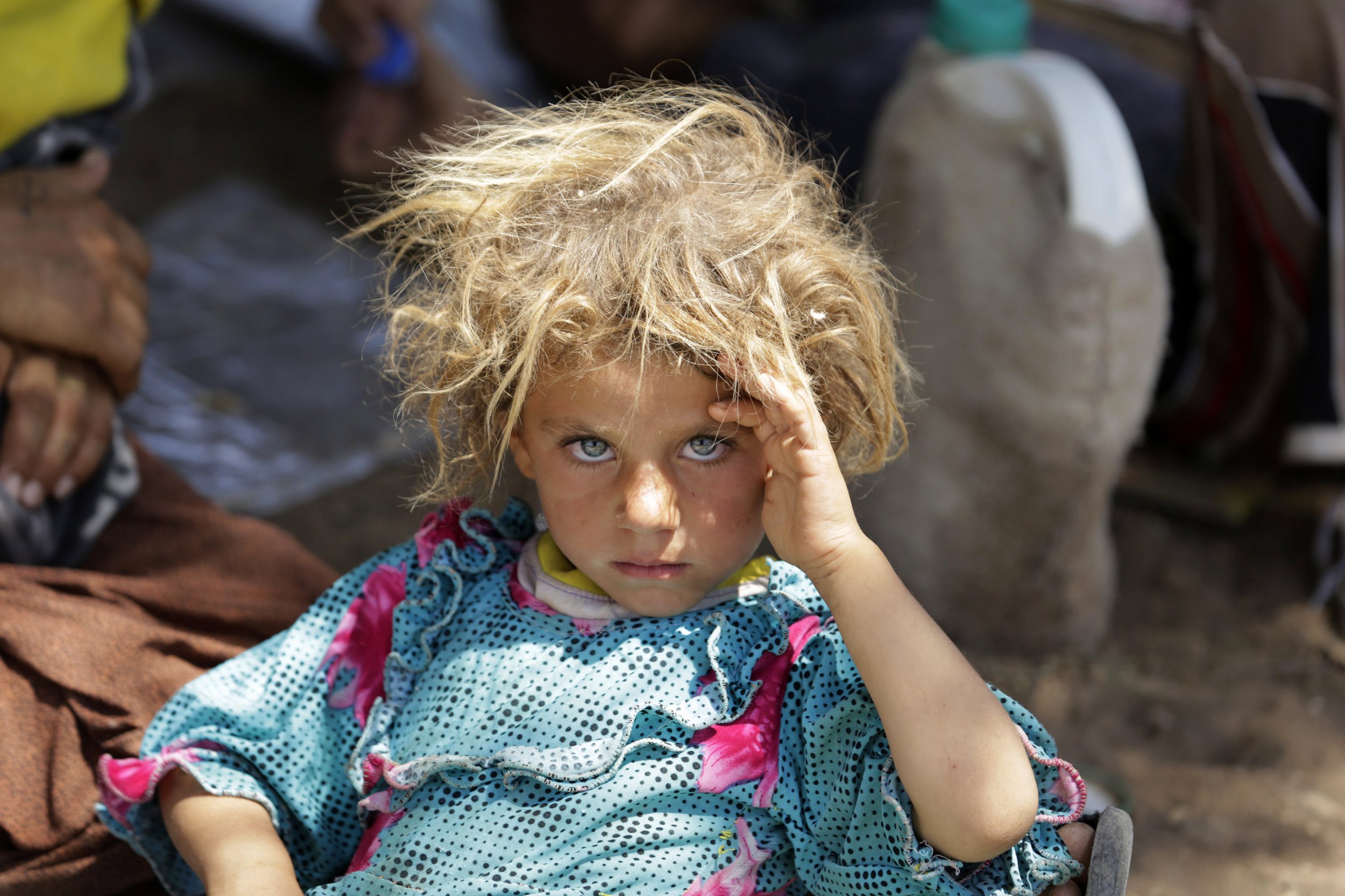
This article first appeared on the Cato Institute site.
Kurdistan in the north of Iraq has become a refuge for Christians and other religious minorities in the midst of the Islamic State militant group's (ISIS) murderous rampage. The abundant crimes of Daesh, as it also is known, constitute an unprecedented religious war against members of minority faiths who until recently largely lived in peace with their Muslim neighbors.
As ISIS expanded it attacked most everyone, especially Christians, Yazidis and other religious minorities. Hence the brutal campaign detailed in the nearly 300-page report, "Genocide against Christians in the Middle East," issued by the Knights of Columbus and In Defense of Christians, a group which focuses on the Mideast.
The report argued simply: "ISIS is committing genocide" against Christians in Iraq, Libya and Syria. The words of ISIS are clear.
The organization publishes a magazine named Dabiq, the place where the movement expects to destroy the "Crusader army," meaning Christians. Explained ISIS: "We will conquer your Rome, break your crosses and enslave your women, by the permission of Allah, the Exalted."
To describe ISIS's crimes in generalities does not adequately communicate the truly horrific nature of its campaign. The NGO Shlomo recorded 1,131 Christians murdered between 2003 and 2014 in Iraq's Nineveh Plain, with more than 100 more since then.
Patriarch Ignatius Youssef III Younan of Antioch, Syria, believed more than 500 Christians in Iraq and more than 1,000 in Syria were killed. Jean-Clement Jeanbart, the Archbishop of Aleppo, Syria, said that hundreds of Christians have been executed or kidnapped in his city and perhaps thousands in Syria as a whole. Others have been slaughtered in Libya and elsewhere.
While widespread murder is ISIS's most odious crime, the group inflicts grievous harm on those it does not kill. Those interviewed for the report cited all manner of bodily harm: "Choking, beatings with guns and electrical cords, mock executions and withholding of food and water in the extreme heat are commonplace."
Rape also is widespread, with more than "1,500 Yazidi and Christian girls" taken as sex slaves. As in ancient times, they are sold and shared like chattel.
Moreover, ISIS coerced religious conversion. This process might seem unimportant to nonbelievers, but, reported the authors, "the violation of conscience—the spiritual rape—involved in a conversion through force works a state of mental and spiritual unrest that is difficult to put into words."
Finally, there is religious cleansing. For instance, "Christians were rounded up into buses and driven out to a remote place to fend for themselves." Left without food and water, many had to walk for hours to reach safety.
What to do about widespread genocidal persecution of religious minorities?
Many who pushed for the designation of "genocide" hoped to force a response from Washington. But there is little military option. After all, foolish U.S. intervention triggered the crises in Iraq and Libya and exacerbated the conflict in Syria.
Indictments under the International Criminal Court would provide moral satisfaction, but ISIS must be defeated for any prosecutions to occur. Indeed, defeat itself is the most important way to stop ISIS, and is primarily the responsibility of the Middle Eastern nations under attack from ISIS.
Americans can help religious minorities directly. The group HardWired brought me to Kurdistan, where it was working with people of all faiths to promote religious liberty and tolerance.
As I pointed out in Forbes: "The U.S. also should accept additional refugees. Despite security fears, the Islamic State is unlikely to attempt to use refugees, who typically wait years for resettlement, to attack America. In particular need are Christians, Yazidis and other religious minorities. Only Lebanon is hospitable to non-Muslims, and it is overwhelmed with refugees of all faiths."
The slaughter of Middle Eastern Christians and other persecuted faiths is one of the great tragedies of our age. Americans should act even when their government does not.
Doug Bandow is a senior fellow at the Cato Institute, specializing in foreign policy and civil liberties. He worked as special assistant to President Ronald Reagan and as editor of the political magazine Inquiry.